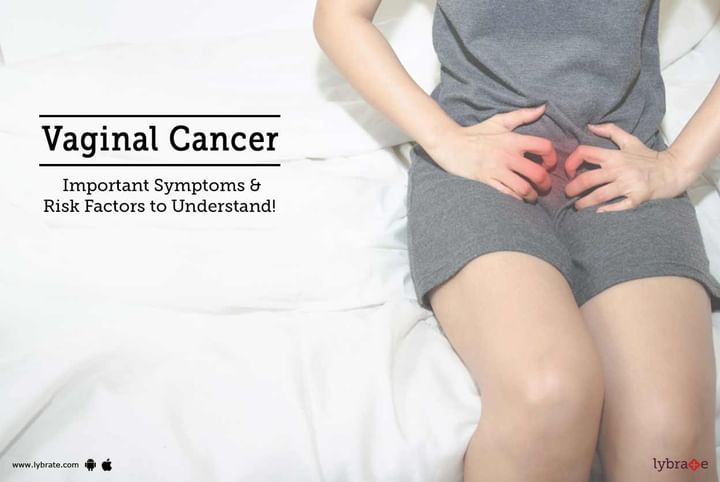Vaginal Cancer - Important Symptoms & Risk Factors to Understand!
Vaginal cancer or cancer of vagina happens when there is an uncontrolled growth of cancerous cells in the vagina. It is a rare kind of cancer and affects less than 1% of women. There are two types of vaginal cancer:
-
Squamous cell carcinoma: It happens when cancer cells spread in flat cells of the outer lining of vagina.
-
Adenocarcinoma: This type of cancer affects the glandular cells, which are responsible for production of mucus and other fluids.
What are the symptoms of vaginal cancer?
There are no early warning signs of vaginal cancer and is often diagnosed during a routine examination or a pap-smear test. However, if you observe any of the following signs then do check with your gynecologist:
-
Feeling a lump in your vagina
-
Pain in pelvis
-
Painful intercourse
-
Watery vaginal discharge
-
Painful or frequent urination
Who is at risk for vaginal cancer?
The cause of vaginal cancer is not very clear, but there are certain factors that can increase your risk for it. These risk factors include:
-
Age: Women above 70 are at a greater risk, as compared to those in 40s.
-
Vaginal adenosis: It is a condition, in which the lining of vaginal cells is impacted and is associated with increased risk of cancer. Your gynecologist would advise a regular screening and follow-up, in case you have been diagnosed with adenosis.
-
Human papillomavirus (HPV): HPVs are associated with an increased risk of vaginal cancer. These infections can be prevented with the help of vaccines.
-
Cervical cancer: Having cervical cancer increases the risk of vaginal cancer in later stages.
-
Smoking: It can double your risk of getting vaginal cancer later in life.
-
Human immunodeficiency virus (HIV): HIV infections can increase your risk of vaginal cancer.
-
Hysterectomy: Someone who has gone through hysterectomy (a surgery to remove uterus) is at a higher risk of getting vaginal cancer.
-
Use of a vaginal pessary: Pessary, is a device that is used to keep the uterus in place, and is associated with an increased risk.
Early detection of vaginal cancer is associated with better treatment. Therefore, it is important to take care of your health and go for regular screening in case you are at risk.


+1.svg)
